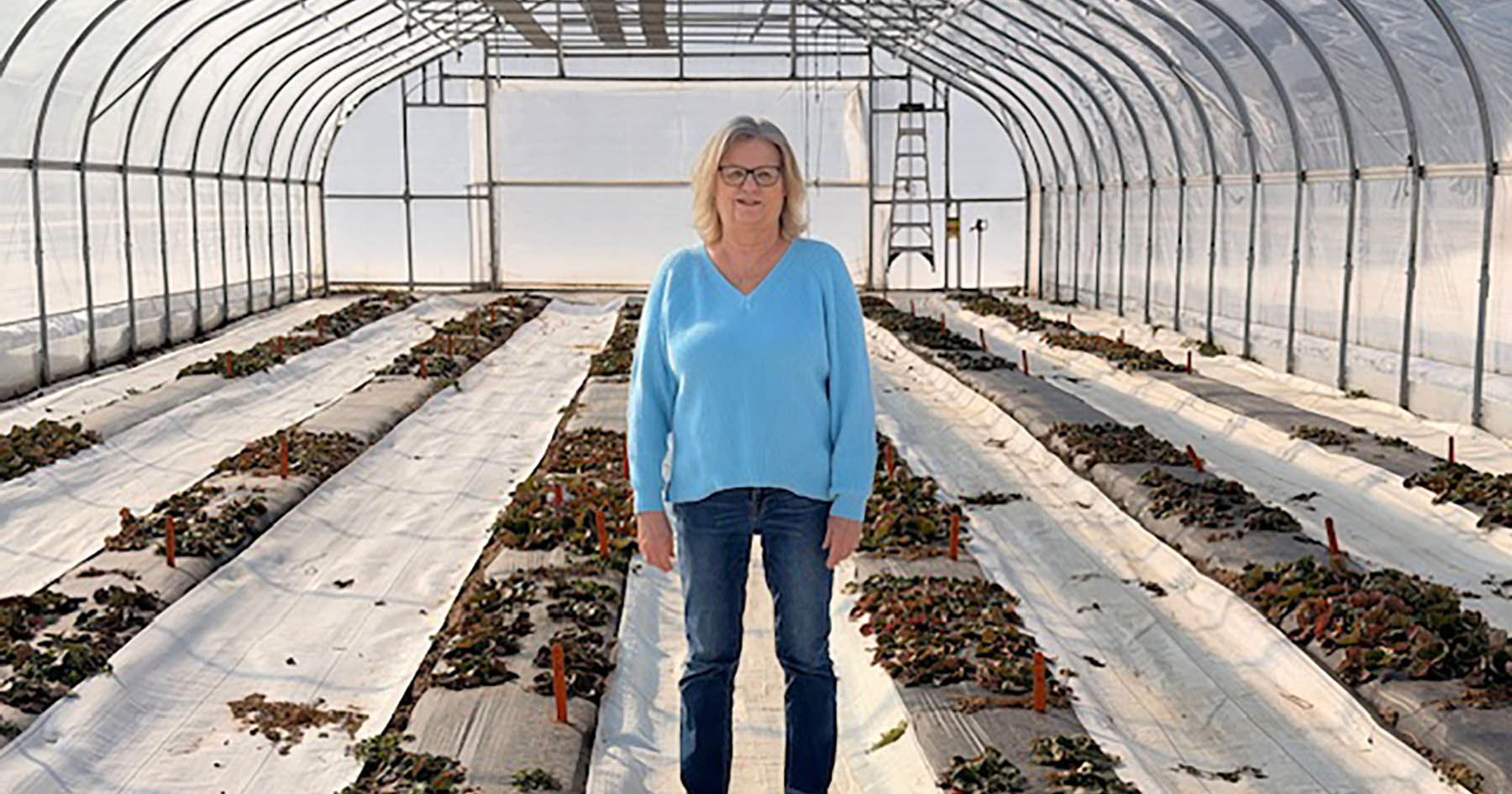Ag Alumni Seed to fund sophisticated new root scanner at Purdue
Ag Alumni Seed, a Purdue University-affiliated seed technology company, has made a $900,000 gift to fund the purchase of a sophisticated computed tomography (CT) root scanner for Purdue’s new controlled environment plant phenotyping facility.
The scanner will enable researchers to image the roots of plants to observe and record root growth over a full growing cycle without damaging the root structure, according to Shawn Donkin, interim associate dean for research and education.
“It is a significant advance and should greatly contribute to our understanding of plant development,” he said. “We are grateful for the generosity and vision of our partners at Ag Alumni Seed.”
Jay Hulbert, president and CEO of Ag Alumni Seed, said direct, non-invasive observation of plant root growth opens up a new range of opportunities in plant science.
“Plant breeders spend countless hours observing and working with all manner of above-ground plant traits, but until now the only way to directly observe root characteristics was to dig up the plant, killing it, or to use plastic or glass below-ground imaging devices, which change the way roots grow,” he said. “Purdue’s new CT root scanner will allow us to directly observe root characteristics multiple times from seeding to maturity.”
Plant scientists have been using x-rays to study roots and soil for years, but earlier systems were constrained by relatively low resolution, limited scan time and difficulties in reconstructing the root system in three dimensions, said Anjali Iyer-Pascuzzi, assistant professor of botany and plant pathology. Improvements in the imaging and analysis technology now make it possible for researchers to determine how plants respond to stress factors such as drought over time, and how roots respond to different soil conditions, she noted.
“This is the best tool to look at root development and growth in a natural environment and in a non-destructive manner,” she said.
The root scanner is expected to be installed next year in Purdue’s new controlled environment plant phenotyping facility. Donkin said Purdue researchers would work closely with the manufacturer to refine the imaging and analysis systems.
Purdue’s Controlled Environment Phenotyping Facility is a core component of the Institute for Plant Sciences, part of Purdue Moves, announced in 2013 to broaden Purdue’s global impact and enhance educational opportunities for students. This 7,000-sq-ft facility allows precise control over the environment and a rapid, non-destructive alternative to exploring plant traits. Combined with Purdue’s existing phenotyping capabilities in the field, this platform creates a unique data pipeline for researchers to better understand basic plant physiology and to adapt to plants’ response to changes in the environment.





